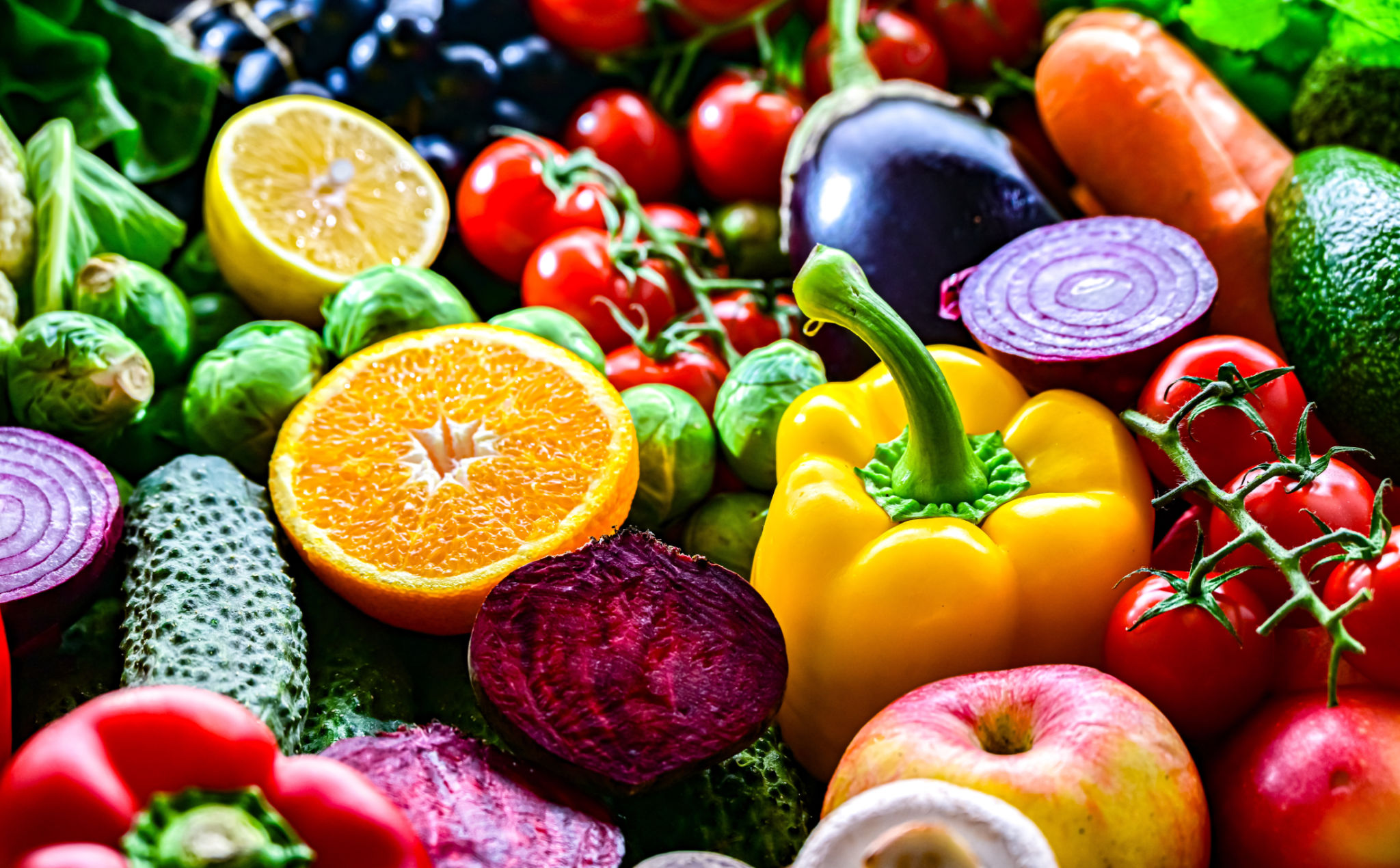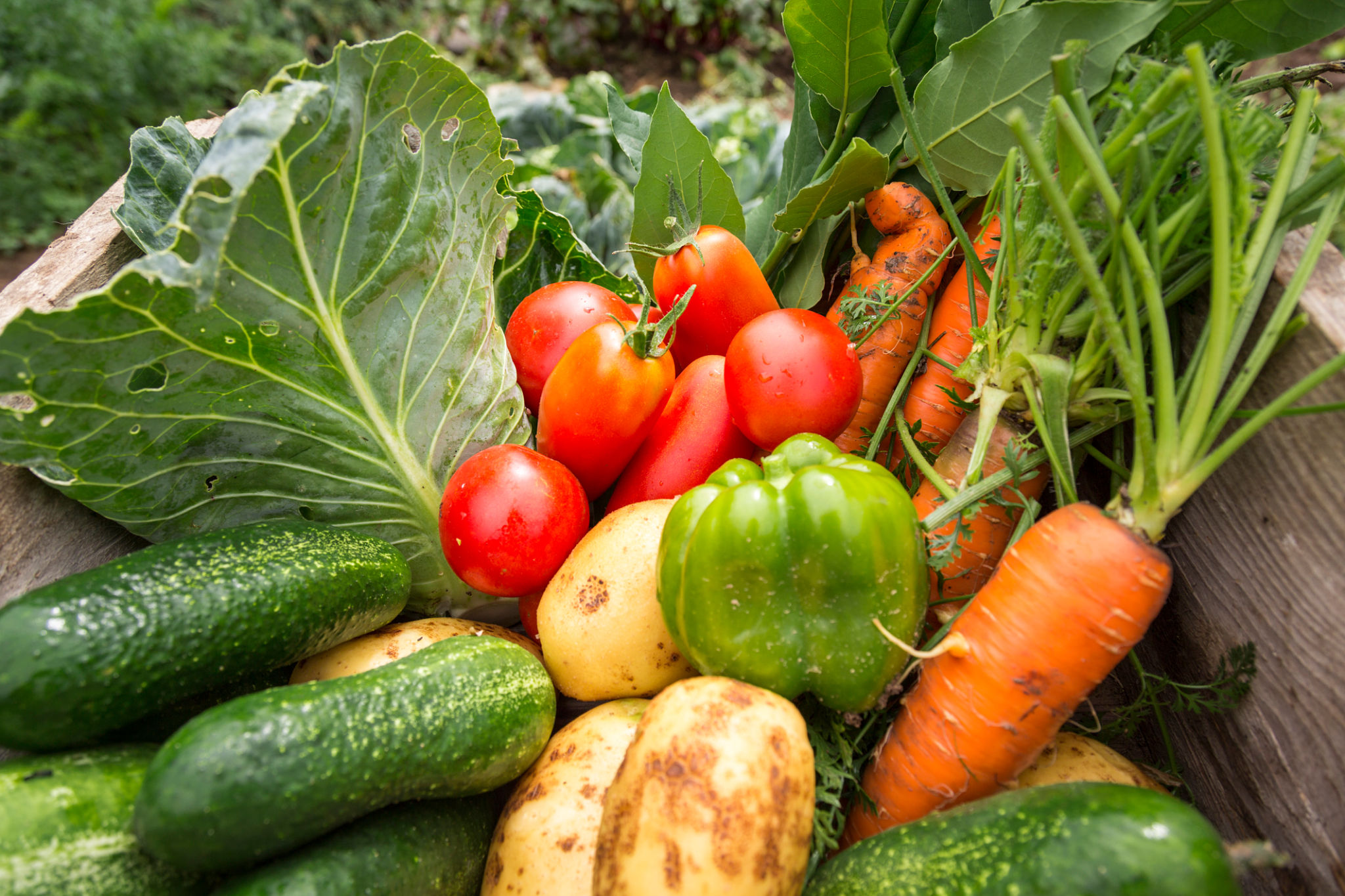Seasonal Nutrition Tips: Preparing Your Diet for the Changing Seasons
Understanding Seasonal Nutrition
As the seasons change, so do our nutritional needs. Embracing seasonal nutrition not only enhances our diet but also helps in aligning our body's requirements with nature's offerings. Seasonal foods are often fresher, more flavorful, and environmentally friendly. Adapting your diet to the seasons can promote better health and wellness throughout the year.

Spring: A Time for Renewal
Spring is synonymous with renewal and rejuvenation. This is the perfect time to detoxify your body after the heavier foods of winter. Embrace fresh, green vegetables such as asparagus, spinach, and peas. These foods are rich in vitamins and minerals that support liver function and digestion. Incorporate more salads and light soups into your meals to take advantage of these springtime offerings.
Focus on Freshness
With an abundance of fresh produce available, spring is a great opportunity to prioritize freshness in your meals. Opt for locally sourced fruits and vegetables to enjoy the full nutritional benefits. Markets are brimming with strawberries, radishes, and leafy greens that not only taste great but also boost your immune system.

Summer: Hydration and Light Eating
During the summer months, staying hydrated is crucial. The heat can lead to dehydration, so it’s important to consume foods with high water content. Enjoy seasonal fruits like watermelon, cucumbers, and berries, which provide essential nutrients while keeping you hydrated. Summer is also the perfect season to lighten up your meals with smoothies and chilled soups.
Embrace Grilling
Summer is synonymous with grilling season. Take advantage of this by grilling fresh vegetables like zucchini, bell peppers, and corn. Grilled foods retain more nutrients than boiled or fried foods, making them a healthier option. Pair these with lean proteins such as chicken or fish for a balanced meal.

Fall: Harvest Bounty
Autumn brings a bounty of rich, nutrient-dense foods that provide warmth and sustenance as temperatures begin to drop. Focus on root vegetables like sweet potatoes, carrots, and squash, which are high in fiber and vitamins. These ingredients are perfect for hearty soups and stews that nourish the body and soul.
Incorporate Whole Grains
Whole grains like quinoa, brown rice, and oats are perfect additions to your fall diet. They are filling, provide sustained energy, and are excellent sources of fiber. Use them as a base for warm grain bowls or side dishes to accompany your autumn meals.

Winter: Warming Foods
As winter sets in, our bodies crave warmth and comfort. It’s essential to consume foods that provide both energy and heat. Opt for warming spices such as ginger, cinnamon, and turmeric that can be added to teas, soups, and stews. Root vegetables remain a staple during this time, providing necessary vitamins and minerals.
Boosting Immunity
Winter is also cold and flu season, making it important to boost your immune system through nutrition. Include foods rich in vitamin C such as citrus fruits, broccoli, and Brussels sprouts. Fermented foods like yogurt and sauerkraut support gut health, which is vital for maintaining a strong immune defense.

By tailoring your diet to the seasons, you not only enjoy a variety of flavors but also support your body’s natural rhythms. Embrace the changes each season brings by incorporating these simple yet effective nutrition tips into your lifestyle for optimal health throughout the year.